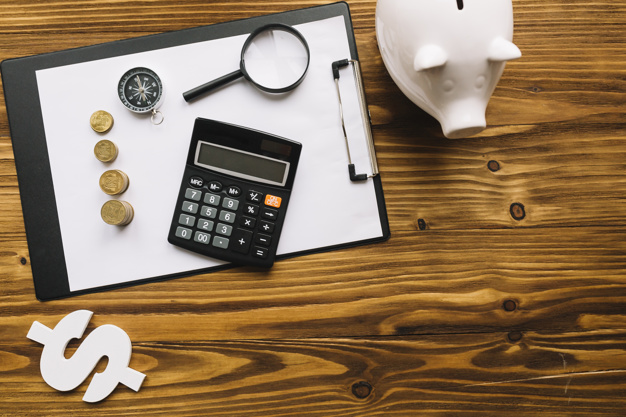Buying a house comes with its many housing costs, however, most times you’ll forget some costs while focusing on the bigger payments.
These are housing costs you’ll probably never see on a lender’s checklist, but they represent real money — sometimes large amounts of it.
Related: How To Plan For Home-Buying Costs
1. Improvements
Even if your home is in great shape or brand new on the date of purchase, there will probably be things you want to change to make it uniquely yours. New carpet, paint, or countertops, perhaps? It all adds up. If you buy a fixer-upper, of course, you should budget significant money for improvements.
2. Moving
Unless you’re planning to carry everything into your new home with your private herd of yaks, you’ll probably need to spend some money on the move-in. The more stuff you have and the further you’re moving, the more you should budget.
3. Furnishings
If you’re buying your first home, your old apartment-dweller furniture may not do the job. Maybe you want more furniture, nicer furniture, more-coordinated furniture, or fresh-new-start furniture. In any case, you’ll need a furniture budget.
4. Time
Time is literally money if you need to take days off from work to complete improvements, sign documents, or move into your new home. If you have vacation time available, great. If not, you may need to account for some unpaid leave when making your budget.
5. Maintenance
Over the life of a home, you may need to repair or replace roofs, furnaces, carpeting, paint, shingles, shutters, windows, or almost any other feature of your home. This is one of those expenses that can really catch renters off guard. In fact, you can expect to spend between 1% and 3% of your home’s purchase price on maintenance every year. If you haven’t included that in your calculations when deciding how much home you can afford, now’s the time to add one more item to your “expenses” column.
6. Utilities
You might be thinking: “Hey, I already pay utilities. No surprises there!” Unfortunately, you may be in for some budgetary shock when you go from paying utilities for an apartment to covering utility costs for your first home. Some utilities that are commonly included in rent (garbage collection, for instance) are now your responsibility. Additionally, the total cost of utilities you already pay — such as electricity, heat, and water — can be significantly higher in a home you own.














